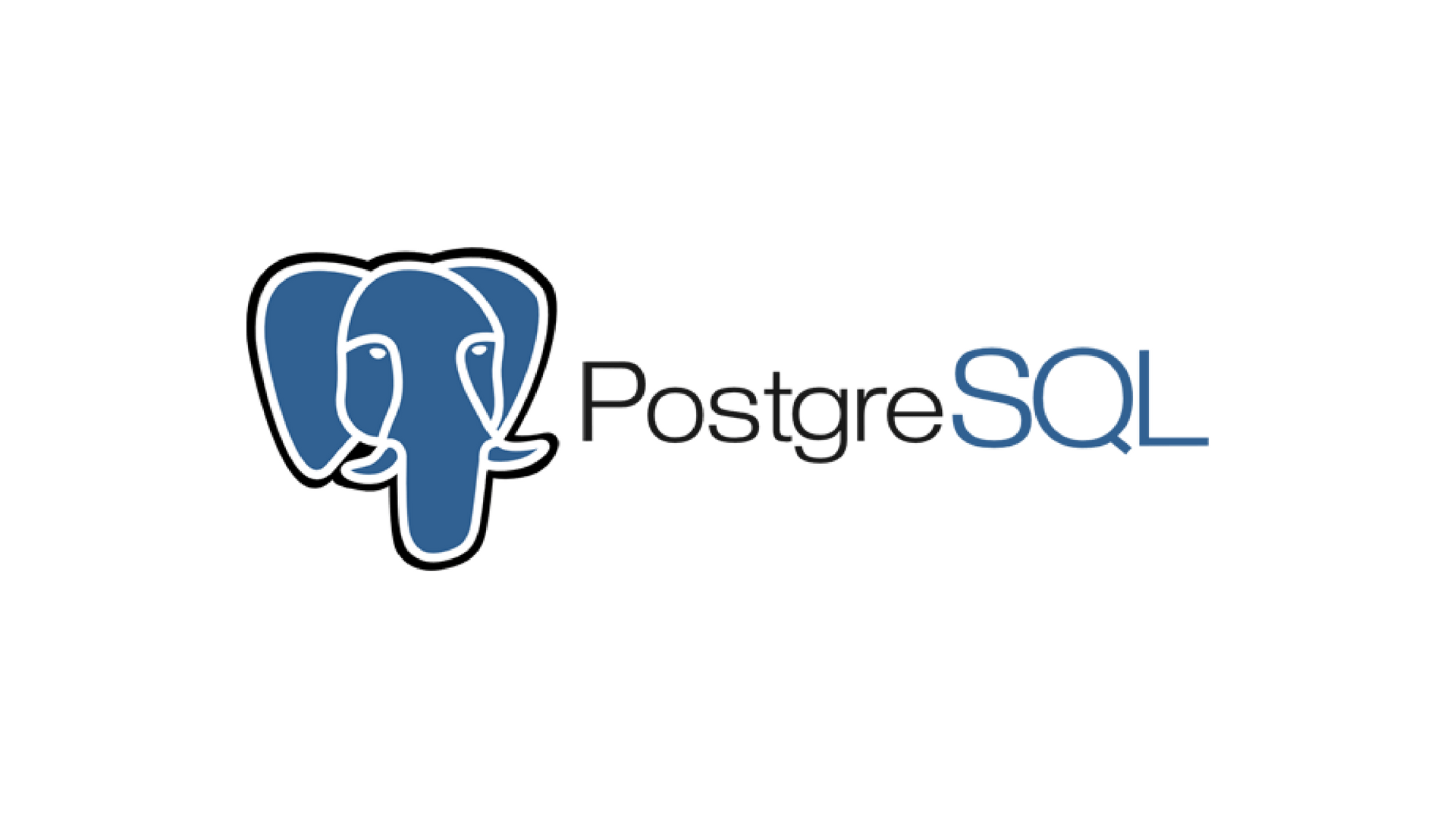PostgreSQL, commonly known as Postgres, has gained significant popularity as a reliable and feature-rich open-source relational database management system (RDBMS). Its versatility, scalability, and extensive range of capabilities make it an ideal choice for organizations of all sizes and industries. In this article, we will explore the use of PostgreSQL in the work environment and the ways it empowers data-driven organizations.
- Robust Data Storage and Management:
PostgreSQL excels in storing and managing structured and unstructured data. It offers a wide range of data types, including numeric, text, JSON, XML, and spatial data, enabling organizations to handle diverse data sources efficiently. PostgreSQL's support for complex queries, transactions, and data integrity constraints ensures reliable data storage and management. It provides ACID (Atomicity, Consistency, Isolation, Durability) compliance, ensuring data consistency and durability even in high-demand environments. With PostgreSQL, organizations can confidently handle large volumes of data and ensure data integrity.
- Scalability and Performance:
As organizations grow and their data requirements expand, scalability becomes crucial. PostgreSQL offers scalability options such as table partitioning, sharding, and parallel query execution, enabling efficient handling of large datasets. It supports horizontal scalability through replication and high availability configurations, ensuring continuous access to data even in the event of hardware failures. PostgreSQL's optimizer and query planner optimize query execution, delivering excellent performance for complex and demanding workloads. Organizations can rely on PostgreSQL's scalability and performance to support their growing data needs and deliver responsive applications.
- Advanced Database Features:
PostgreSQL provides an extensive set of advanced database features that enhance productivity and enable sophisticated data operations. It supports stored procedures, triggers, and user-defined functions, allowing organizations to execute custom business logic within the database. PostgreSQL's support for full-text search enables efficient and accurate searching within large volumes of textual data. Additionally, PostgreSQL offers geospatial data capabilities, making it a suitable choice for organizations working with location-based data. These advanced features empower organizations to leverage PostgreSQL's capabilities to solve complex data challenges and drive innovation.
- Data Analysis and Reporting:
PostgreSQL integrates seamlessly with various analytics and reporting tools, enabling organizations to perform in-depth data analysis and generate meaningful insights. Tools like Apache Spark, Tableau, and Power BI can connect directly to PostgreSQL, allowing organizations to analyze and visualize data in real-time. PostgreSQL's support for window functions, subqueries, and advanced SQL operations enables complex data analysis tasks. With its ability to handle large datasets and its compatibility with popular analytics tools, PostgreSQL becomes a valuable asset in data-driven decision-making processes.
- Integration with Modern Technologies:
PostgreSQL embraces modern technologies and trends in the data landscape. It supports JSON and JSONB data types, making it well-suited for applications leveraging the flexibility of NoSQL and document-oriented databases. PostgreSQL's support for extensions enables integration with additional functionality, such as time-series data handling, advanced indexing, and machine learning capabilities. The PostgreSQL ecosystem includes various community-contributed extensions that expand its functionality to address specific use cases. This flexibility and adaptability make PostgreSQL a future-proof choice for organizations seeking to leverage emerging technologies.
- Community Support and Ecosystem:
PostgreSQL benefits from a vibrant and active open-source community that provides ongoing development, support, and innovation. The community-driven nature of PostgreSQL ensures regular updates, bug fixes, and security patches. Organizations can rely on the community support to resolve issues, seek guidance, and stay updated with the latest developments. Additionally, PostgreSQL has a rich ecosystem of tools, libraries, and frameworks that integrate seamlessly with the database, providing enhanced functionality and ease of development.
In conclusion, PostgreSQL's robustness, scalability, advanced features, and integration capabilities make it an invaluable asset in thework environment. Organizations can leverage PostgreSQL to store, manage, and analyze their data effectively. With its reliability, performance, and extensive feature set, PostgreSQL empowers data-driven organizations to make informed decisions, drive innovation, and gain a competitive edge. By harnessing the power of PostgreSQL, organizations can unlock the full potential of their data and propel their success in today's data-driven business landscape.
